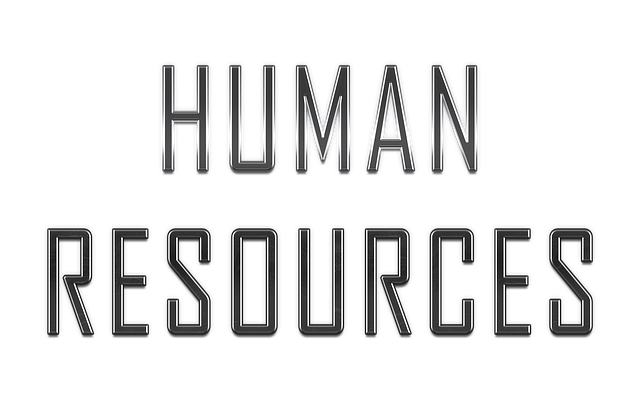
Human Resources is likely to be one of the most (if not the most) confusing departments in your entire organisation. After all, everyone knows the department is important, but not many employees understand what they do and the significance of it.
What Exactly Does Human Resources Do?
There is a big difference between having an HR department that effectively contributes to the growth of your organisation and an HR department that doesn’t do much.
Below, you will learn about what an effective HR department does and what it should be doing to effectively help the organisation grow and prosper.
What Is It?
A Human Resources department is a group of employees that are responsible for managing the employees at the workplace. They are responsible for the entire employee life cycle. This includes interviewing employees, recruiting them, hiring them, training them, and even firing them. They are also responsible for managing employee benefits and even distributing them.
What Does An HR Employee Do?
The HR employees at any company are primarily there to support their co-workers. They are there to help them to maximise their productivity and effectiveness. They are also there to maximise their happiness. You may hear a lot of employees talking about the uncomfortable aspects of being an HR employee, but that’s not what they are doing daily. While they are responsible for disciplining and firing, they are primarily there to support employees and the organisation as a whole. As a side point I recommended seeing hr advisor recruitment agencies
Here are some of the tasks you can expect an HR employee to do daily:
Recruiting New Employees
One of the main things someone in HR will be doing is recruiting candidates to fill new positions. They will be looking for candidates that would be effective fits with the organisation. It’s not as simple as throwing up a job advertisement either. They need to not only analyse the market, but also need to adhere to budget constraints, weed out candidates, and more.
Once they advertise the role, they will need to conduct adequate market research to ensure that they are attracting the right prospects to the job position. This entire endeavour is one of the most costly for businesses. Finding the right candidate for an open position can save an organisation a lot of time, energy, and money. What’s worse, finding the wrong candidate can cost the organisation in a big way.
Hiring The Right People
As mentioned, anyone in HR is going to be responsible for the hiring process. Not only are they responsible for recruiting, but they are equally responsible for managing interviews, coordinating hiring efforts, and even training brand-new employees. They have to handle all of the paperwork involved with the hiring process. They also need to ensure that the employee is well integrated into the operations for a seamless onboarding process.
Payroll Processing
Someone in HR is going to be responsible for payroll processing. Payroll is a very complicated part of running a company. Every payday will need to have taxes calculated and all of the hours accounted for. Also, all expenses will need to be reimbursed and they will also be handling raises and bonuses. If you do your taxes, you likely know how much of a chore it can be. With HR, multiply that by however many employees the organisation has. As you can probably tell, HR has a very tedious and time-consuming task for payroll management.
Disciplining Employees
HR is going to be responsible for disciplining employees, as well. This is likely why HR tends to get looked at negatively among employees. They are there to ensure the organisation is running properly. Sometimes, discipline is necessary. When navigated inappropriately, this aspect can lead to legal action among the workforce. However, when it’s handled the right way, it can increase and boost employee morale.
For example, if a company sees that an employee is continually showing up late day after day even after being warned, HR would be responsible for stepping in and applying disciplinary action. Also, they could dig deeper to figure out what’s the reason for the tardiness and perhaps offer employee support. They can help the employee get better with their time management which can keep the organisation from having to fire them and hire and train new employees which can be a more costly endeavour in a lot of cases.
Sometimes, employees will need to be let go. HR is responsible for figuring out if that’s the case. HR needs to develop good relationships with not only employees but also management. This allows them to figure out what would be the best decision for the organisation moving forward.






